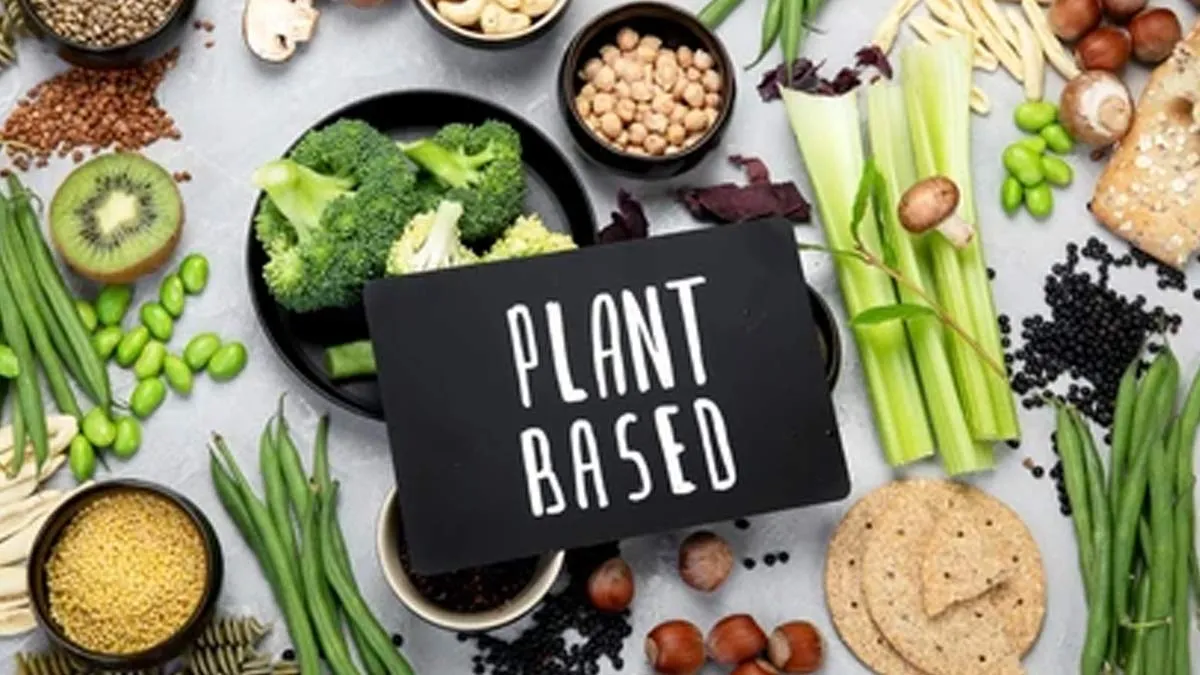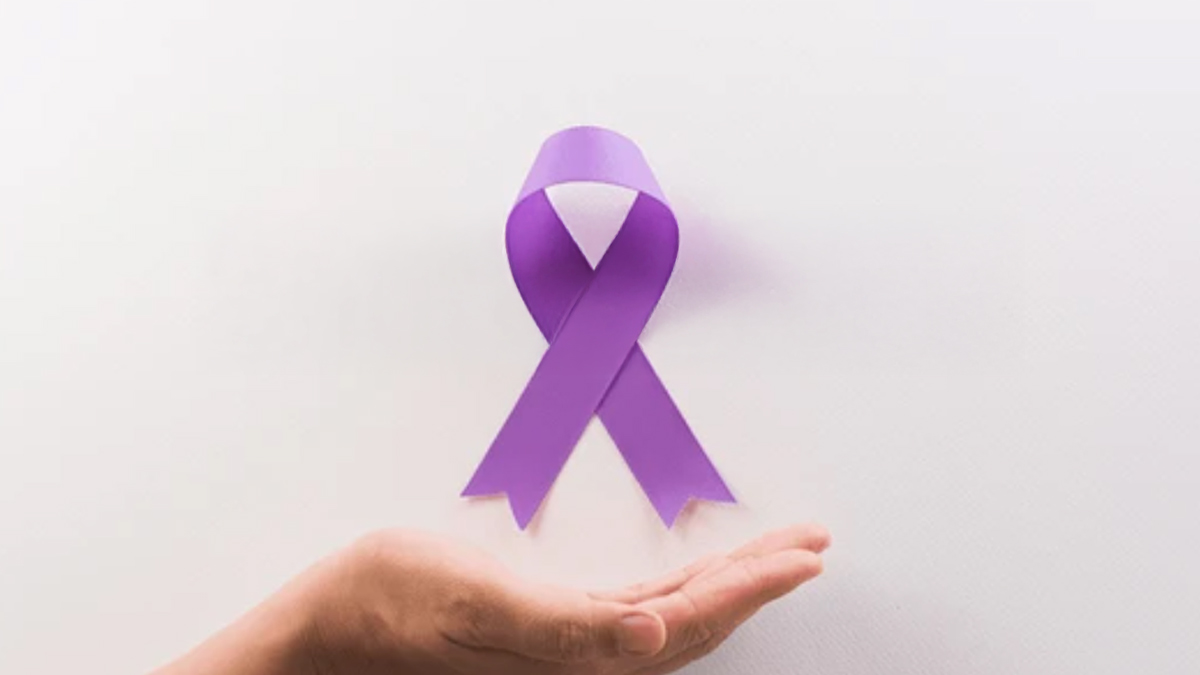
Cancer. The mere mention sends a wave of fear and confusion. Every home has someone who has been touched. It's no wonder that individuals are actively looking for ways to avoid it through lifestyle, food, and routines. Among the several health trends generating headlines today, the plant-based diet stands out. However, is it a cancer-fighting shield or just another dietary fad?
Table of Content:-
We spoke to Dr Satish Pawar, Senior Consultant and Head – Surgical Oncology and Robotic Surgery CARE Hospitals, Banjara Hills, Hyderabad, who explained if plant-based diets are effective for cancer prevention.
What Is A Plant-Based Diet?

“A plant-based diet emphasises foods derived from plants, such as fruits, vegetables, whole grains, legumes, nuts, seeds, and oils. It does not necessarily imply that you must be completely vegetarian or vegan. Even someone who consumes dairy or occasional meat but emphasises plant foods might follow a plant-based diet,” explained Dr Pawar.
What matters most is the quality and variety of the plants you consume. A platter of colourful vegetables, whole grains, legumes, and seasonal fruits not only gives you more than mere sustenance but also gives the body what it needs to protect against diseases, such as cancer.
Can a Plant-Based Diet Help Prevent Cancer?

This is where things get real. Cancer doesn't develop overnight. "It develops gradually due to various variables, including genetics, environmental exposure, infections, and lifestyle choices, such as what we consume. While no single item or diet will ensure prevention, a plant-based diet can help significantly reduce risk," explained Dr Pawar.
Why? Plant meals are naturally high in fibre, antioxidants, and phytonutrients, which assist in reducing inflammation, support the immune system, and protect cells from damage. These protective mechanisms are essential since most malignancies arise when normal cells are repeatedly damaged, leading to abnormal development.
According to a study published in Nutrients, plant-based foods, which are high in fibre and bioactive compounds, have cancer-preventing properties. These foods, including fruits, vegetables, and whole grains, contain bioactive compounds, such as polyphenols and carotenoids, which help to prevent cancer by lowering inflammation and oxidative stress.
Additionally, traditional Indian staples like amla, moringa, and methi have been examined for their health benefits. When consumed as part of a balanced diet, these foods can help create an internal environment less conducive to cancer cell development.
Also Read: Can Going Green Lower Your Breast Cancer Risk? Expert Weighs In
Reducing Risk Factors Naturally
Some cancers are linked to modifiable lifestyle risks, including obesity, chronic inflammation, and hormonal imbalance. Diets high in processed foods, red meat, and refined sugars frequently increase these risks.
A diet high in natural, fibre-rich plant foods, on the other hand, aids with weight maintenance, digestive health, hormone balance, and long-term inflammation reduction, all of which have been linked to a lower risk of cancer.
Plant-based eating also has an indirect positive effect on other risk factors. For instance, it often leads to improved blood sugar regulation, digestive function, and heart health. These outcomes enhance the body's overall immunity and vigour, essential for preventing long-term disease.
Is It Only About What You Eat?

Food is one component of the equation. A plant-based diet produces the best benefits when combined with healthy habits, such as regular exercise, restful sleep, stress management, and abstaining from recognised carcinogens, such as tobacco or excessive alcohol.
A plant-based diet doesn't justify overeating or a lack of diversity. Deep-fried foods, sugary juices, and excessive consumption of packaged plant-based alternatives can harm your health. The focus should be on whole, natural, and seasonal meals, such as simple, fresh, and homemade, just like our grandparents used to eat.
Also Read: Are There Any Side-Effects Of Consuming Plant-Based Milk? Find Out Here
What About Nutritional Deficiencies?
One common issue about plant-based diets is the potential of missing out on essential nutrients, such as vitamin B12, iron, and omega-3s. These worries are valid but controllable.
“Vegetarians and vegans can acquire all the nutrients they require with a well-planned diet. Fortified meals, natural sources, such as flaxseeds, millets, and legumes, and occasional supplements taken under medical supervision can help fill the gaps. The key is awareness and balance, not extremes,” advised Dr Pawar.
If you want to convert to a plant-based lifestyle, do it gradually.
- Start by replacing refined grains with whole grains.
- Add extra colours to your platter.
- Reduce the consumption of processed and fried foods.
- Check with your doctor or a dietary professional before making significant changes, especially if you have pre-existing health concerns.
Message From The Expert
Dr Pawar concluded, “Cancer prevention is not about a single superfood or miraculous diet. It's about the aggregate of your daily decisions. When done correctly, a plant-based diet is more than a fad; it is a lifestyle founded in nature and supported by rising scientific data. It strengthens your immune system, reduces inflammation, and helps your body become more resilient to disease.”
In a world filled with complicated health advice, this message is refreshingly simple: eat more vegetables, eat them fresh, and eat them with purpose. If you are wondering how your food affects your long-term health or want to take proactive steps to lower your cancer risk, consult an expert. Prevention starts with awareness and, in many cases, with what you have on your plate.
[Disclaimer: This article contains information provided by an expert and is for informational purposes only. Hence, we advise you to consult your professional if you are dealing with any health issue to avoid complications.]
Also watch this video
How we keep this article up to date:
We work with experts and keep a close eye on the latest in health and wellness. Whenever there is a new research or helpful information, we update our articles with accurate and useful advice.
Current Version